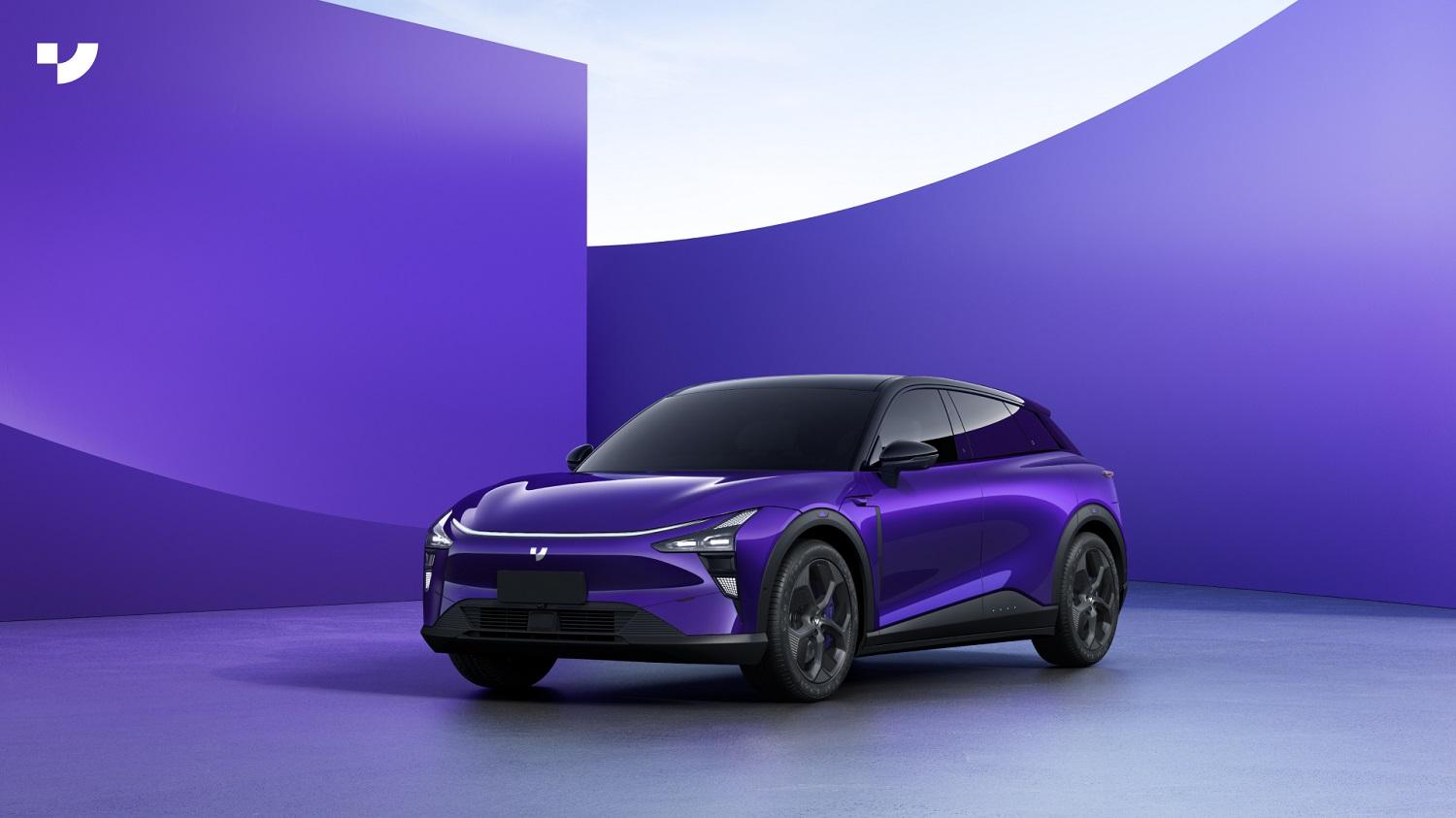The electric vehicle (EV) industry's competitive landscape intensifies as consolidation accelerates. In a notable industry shift, Geely, the Chinese automotive giant, has assumed responsibility for funding EV manufacturer Polestar, relieving Volvo Cars of its financial obligations.
Reuters noted that this move is a significant marker of the broader industry's trend towards mergers and acquisitions, particularly in the wake of Tesla Inc.'s monumental market success during the early 2020s.
Geely's Strategic Vision for Polestar
Geely's strategic investment into Polestar reflects the challenges and costs of developing cutting-edge EV technology. By absorbing Polestar, previously under Volvo—another Geely majority-owned enterprise—Geely consolidates its grip on the EV luxury sector, bringing Polestar's design-centric models further into its corporate fold.
US News noted that the consolidation reflects the market's natural evolution, where only those with significant capital and stamina can persist; smaller contenders grapple with the sheer scale of investment required to remain viable. Indeed, the EV market is displaying its ruthlessness, favoring those with the resources to endure substantial financial outlays over protracted periods.
Challenging Roads Ahead for EV Startups
A tidal wave of consolidation looms as EV demand fluctuates globally, potentially spelling doom for less financially resilient firms. As Tesla's stratospheric valuation—and Elon Musk's celebrity factor—buoys the industry, it also sets an unsustainable precedent of high expenditure without immediate return, a model unfeasible for most.
The ongoing industry transformation is dramatic, impacting legacy automakers, fledgling startups, and investors who collectively plunged more than $1.2 trillion into EV ventures. The problematic choices now resting on their shoulders—whether to curtail losses or forge untried alliances—are symptomatic of an industry at a critical juncture.
Andy Leyland, supply chain specialist and co-founder of SC Insights, captures the sentiment succinctly: "We're at a turning point. EV startups must now demonstrate not only their potential for profitability but also their strategies to contend against larger, well-funded competitors, including those in China with considerable market influence." The path forward demands adaptability and innovation in equal measure for those hoping to survive the current electric shakeout.
Photo: Geely Newsroom



 CK Hutchison Launches Arbitration After Panama Court Revokes Canal Port Licences
CK Hutchison Launches Arbitration After Panama Court Revokes Canal Port Licences  Anta Sports Expands Global Footprint With Strategic Puma Stake
Anta Sports Expands Global Footprint With Strategic Puma Stake  Nvidia, ByteDance, and the U.S.-China AI Chip Standoff Over H200 Exports
Nvidia, ByteDance, and the U.S.-China AI Chip Standoff Over H200 Exports  Alphabet’s Massive AI Spending Surge Signals Confidence in Google’s Growth Engine
Alphabet’s Massive AI Spending Surge Signals Confidence in Google’s Growth Engine  Amazon Stock Rebounds After Earnings as $200B Capex Plan Sparks AI Spending Debate
Amazon Stock Rebounds After Earnings as $200B Capex Plan Sparks AI Spending Debate  SpaceX Prioritizes Moon Mission Before Mars as Starship Development Accelerates
SpaceX Prioritizes Moon Mission Before Mars as Starship Development Accelerates  Weight-Loss Drug Ads Take Over the Super Bowl as Pharma Embraces Direct-to-Consumer Marketing
Weight-Loss Drug Ads Take Over the Super Bowl as Pharma Embraces Direct-to-Consumer Marketing  SoftBank Shares Slide After Arm Earnings Miss Fuels Tech Stock Sell-Off
SoftBank Shares Slide After Arm Earnings Miss Fuels Tech Stock Sell-Off  Global PC Makers Eye Chinese Memory Chip Suppliers Amid Ongoing Supply Crunch
Global PC Makers Eye Chinese Memory Chip Suppliers Amid Ongoing Supply Crunch  Nvidia CEO Jensen Huang Says AI Investment Boom Is Just Beginning as NVDA Shares Surge
Nvidia CEO Jensen Huang Says AI Investment Boom Is Just Beginning as NVDA Shares Surge  DBS Expects Slight Dip in 2026 Net Profit After Q4 Earnings Miss on Lower Interest Margins
DBS Expects Slight Dip in 2026 Net Profit After Q4 Earnings Miss on Lower Interest Margins  Prudential Financial Reports Higher Q4 Profit on Strong Underwriting and Investment Gains
Prudential Financial Reports Higher Q4 Profit on Strong Underwriting and Investment Gains  Kroger Set to Name Former Walmart Executive Greg Foran as Next CEO
Kroger Set to Name Former Walmart Executive Greg Foran as Next CEO  Baidu Approves $5 Billion Share Buyback and Plans First-Ever Dividend in 2026
Baidu Approves $5 Billion Share Buyback and Plans First-Ever Dividend in 2026  Uber Ordered to Pay $8.5 Million in Bellwether Sexual Assault Lawsuit
Uber Ordered to Pay $8.5 Million in Bellwether Sexual Assault Lawsuit  Washington Post Publisher Will Lewis Steps Down After Layoffs
Washington Post Publisher Will Lewis Steps Down After Layoffs  FDA Targets Hims & Hers Over $49 Weight-Loss Pill, Raising Legal and Safety Concerns
FDA Targets Hims & Hers Over $49 Weight-Loss Pill, Raising Legal and Safety Concerns 































